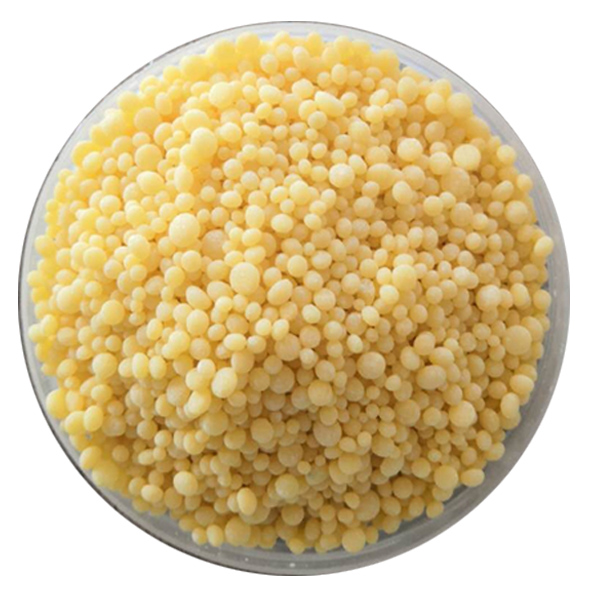
Dec . 05, 2024 13:35 Back to list
Top Organic Fertilizer Manufacturer for Effective Slow Release Solutions
The Importance of Slow-Release Organic Fertilizer A Look into the Best Practices from Leading Factories
In the ever-evolving landscape of agriculture, the demand for sustainable farming practices is on the rise. One of the key elements driving this change is the use of organic fertilizers, particularly slow-release organic fertilizers. These fertilizers have gained increasing attention among farmers looking to optimize crop growth while maintaining ecological balance. Understanding the best practices from top factories in this field provides insights into why slow-release organic fertilizers are an essential component of modern agriculture.
What is Slow-Release Organic Fertilizer?
Slow-release organic fertilizers are formulated to release nutrients gradually over time, as opposed to conventional fertilizers that may deliver nutrients all at once. This gradual nutrient release aligns more closely with plant needs and reduces the risk of nutrient leaching into the soil and water systems. Composed of natural materials such as bone meal, fish emulsion, or plant-based compost, slow-release fertilizers contribute to soil health without the toxic buildup that synthetic fertilizers can cause.
Benefits of Slow-Release Organic Fertilizer
1. Nutrient Efficiency The slow release of nutrients means that plants can absorb them more efficiently. This results in healthier plants that can grow better and yield more produce. The even supply of nutrients also helps to prevent deficiencies that can stunt growth.
2. Environmental Protection By minimizing nutrient runoff, slow-release organic fertilizers help protect local waterways from pollution. This not only preserves aquatic ecosystems but also promotes sustainable water management practices.
3. Soil Health Improvement Organic fertilizers contribute to the overall health of the soil. They enhance microbial activity and improve soil structure, leading to better water retention and aeration. This is essential for sustainable farming as healthy soil supports better crop production over time.
4. Reduced Application Frequency Farmers who use slow-release fertilizers benefit from the reduced need for frequent applications. This not only saves time and labor but also minimizes costs associated with fertilizer purchase and application.
Leading Practices from Best Factories
To manufacture high-quality slow-release organic fertilizers, leading factories employ several best practices
best slow release organic fertilizer factory

Quality Sourcing of Raw Materials
Top manufacturers prioritize the quality of raw materials sourced for their fertilizers. They often focus on obtaining organic waste materials, such as poultry litter or composted plant materials, ensuring that the final product is not only effective but also environmentally friendly.
Advanced Production Techniques
Leading factories employ advanced production techniques, such as controlled microbial processes, to ensure that nutrient release rates are optimized. These processes allow manufacturers to create fertilizers that align with specific crop needs and local soil conditions.
Rigorous Testing and Quality Control
To maintain high standards, the best factories conduct rigorous testing at every stage of production. This involves both laboratory analysis and field trials to assess the effectiveness of their products in real-world conditions. By gathering data on nutrient release patterns and crop response, manufacturers can continuously improve their formulations.
Sustainable Packaging Solutions
Recognizing the importance of sustainability, many leading fertilizer factories are adopting eco-friendly packaging practices. By using biodegradable or recyclable materials, they aim to reduce plastic waste in agriculture, further enhancing their commitment to sustainable practices.
Conclusion
The shift toward sustainable agriculture calls for innovative solutions, and slow-release organic fertilizers are at the forefront of this movement. With the combined benefits of improved nutrient efficiency, environmental protection, and enhanced soil health, these fertilizers represent a viable path for farmers aiming to produce high-quality crops sustainably.
By learning from the best practices employed by leading factories in the field of slow-release organic fertilizers, the agricultural community can continue to develop methods that not only meet the demands of modern farming but also protect the planet for future generations. As we embrace these sustainable practices, the role of slow-release organic fertilizers will undoubtedly continue to grow, making significant contributions to the future of agriculture.
-
Premium 10 10 10 Fertilizer Organic for Balanced Plant Growth
NewsJul.29,2025
-
50 Pound Bags of 13-13-13 Fertilizer for All Plants – Bulk & Organic Options
NewsJul.28,2025
-
High-Efficiency 15-30-15 Granular Fertilizer for Healthy Crops
NewsJul.28,2025
-
15-30-15 Granular Fertilizer for Optimal Crop & Lawn Growth
NewsJul.27,2025
-
Premium 10 10 10 Water Soluble Fertilizer for Fast Plant Growth
NewsJul.26,2025
-
Premium 10 10 10 Fertilizer Organic for Plants & Lawns
NewsJul.25,2025
